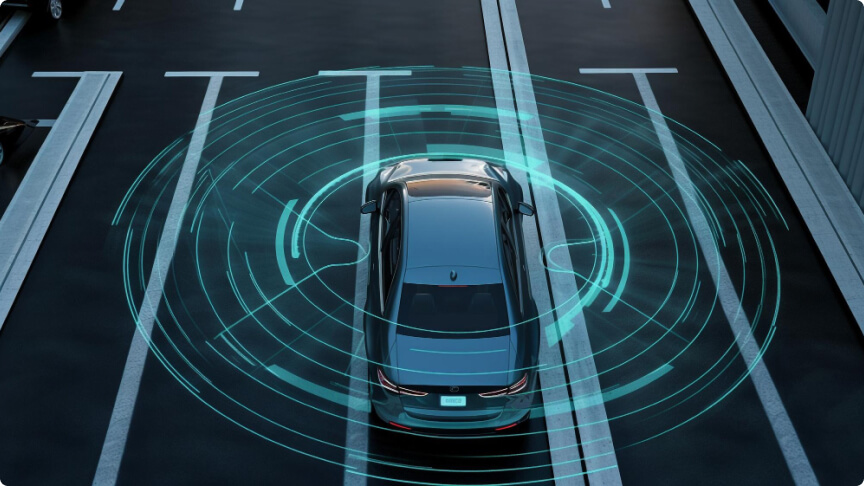The automotive industry is experiencing a transformative shift as a well-established manufacturer has acquired a promising electric vehicle (EV) startup for a staggering $7 billion. This acquisition underscores the industry's commitment to sustainable mobility and innovation. As the demand for electric vehicles surges, this deal is set to redefine the competitive landscape and accelerate the transition to cleaner transportation solutions.
Checklist:
- Understanding the strategic motives behind the acquisition
- Evaluating the benefits and challenges of integrating an EV startup
- Exploring real-world examples of similar acquisitions in the automotive industry
- Assessing the future impact on the EV market and broader automotive industry
The Strategic Motives Behind the Acquisition
The acquisition of the EV startup is a strategic move aimed at strengthening the manufacturer's position in the burgeoning electric vehicle market. By integrating the startup's cutting-edge technology and innovative approach, the manufacturer aims to enhance its EV offerings and expand its market share. This deal also highlights the importance of staying competitive in an industry that is rapidly evolving towards sustainable solutions.
"Electric vehicles represent the future of transportation, and this acquisition positions us at the forefront of this exciting transformation. By combining our manufacturing expertise with innovative EV technology, we are poised to lead the market in sustainable mobility solutions."
Benefits and Challenges of Integrating an EV Startup
Integrating the EV startup offers numerous benefits, including access to advanced technology, a talented team of innovators, and a strong foothold in the electric vehicle market. However, it also presents challenges such as aligning different corporate cultures, integrating new technologies into existing operations, and navigating regulatory requirements. Successfully addressing these challenges will be crucial for maximizing the potential of this acquisition.
Real-World Examples of Similar Acquisitions
Several other major players in the automotive industry have made similar moves to strengthen their positions in the EV market. For instance, General Motors acquired Cruise Automation to advance its autonomous vehicle technology, while Ford invested in Rivian to accelerate its electric truck production. These examples illustrate the growing trend of established manufacturers partnering with innovative startups to drive growth and innovation.

The Future Impact on the EV Market and Broader Automotive Industry
The acquisition is expected to have a significant impact on the EV market and the broader automotive industry. By leveraging the startup's technology, the manufacturer can accelerate the development and production of electric vehicles, potentially leading to increased market adoption and competition. This deal also highlights the broader industry trend towards sustainability and the growing importance of electric vehicles in the fight against climate change.
As the automotive industry continues to evolve, strategic acquisitions like this one will play a pivotal role in shaping the future of transportation. The successful integration of innovative startups into established manufacturing operations can drive significant advancements in technology, efficiency, and market reach. This transition may present challenges, but the long-term benefits of sustainable mobility and innovation make it a promising endeavor for forward-thinking companies.



